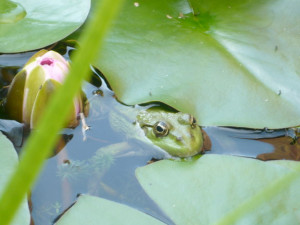
waiting
This weekend I went to a whole-afternoon thing at the adoption agency on how to deal with the waiting. The waiting has not been good for me.  I am seriously allergic to uncertainty, and I can feel that it’s taking a toll – on my physical health, on my emotional stamina, on my ability to really enjoy the parts of my life that are really good. So I was very glad that the agency finally offered something like this.
I mean, they do have monthly support groups for waiting parents, but it’s always on topics like “how to get all that scary paperwork done” and “why your pain is peanuts compared to how hard this is for birthmothers.” Ok, yes. That’s got to be true. But it doesn’t actually help, right? I know IAC has phenomenal, strong, steady support and counseling for all their birthmothers, and that’s really important to me. But sometimes I’ve felt like the adoptive parents are expected to be perfectly cheerful and strong at all times, and that’s just not possible.  So anyway, I was really glad to see them take some steps in this direction.
When I started the adoption process, it felt like a move toward much more certainty, and more control over my own life – instead of the awful rollercoaster of hope and disappointment I was going through, trying to get pregnant. But actually, in a lot of ways this particular route simply means I’ve placed one of the biggest decisions of my life in the hands of a total stranger – one I haven’t even met yet. That’s a very uncomfortable idea. And – of course - I’m still on the rollercoaster anyway. But there’s our platitude for the day: life is a horrible rollercoaster of hope and disappointment, and unless you get all zen and placidly accept everything that happens with peaceful equanimity, that’s just the way it is. I’ll never make a good Buddhist. You can probably tell.
So, at the “Weight of the Wait” workshop, they brought in a very brave and very generous “alumna” of the adoption process. She adopted her kids a couple of years ago, but she remembers how hard the waiting was and she came in to describe what it was like. Everybody cried. And honestly, after that, I felt a lot better. It was really all I needed: just some validation that it’s not “just me,” being too impatient and too anxious and too sad and too lonely. It’s like this for everybody. And that was really, really helpful to hear.
And then, of course, there were 2 more hours of supportive and helpful suggestions, like “Try meditation!” and “Check in with how you feel.” Which was kindly meant and well-intentioned and a very good place to start. Just the fact that they offered this workshop at all meant a lot to me.
I am actually pretty clear about how I feel. I feel sad. But the low points in our lives are also the deep points.  The low points are places where water pools and leaves rot until some transubstantiation of mud produces the hot green mess of life.

Comments are closed, but trackbacks and pingbacks are open.